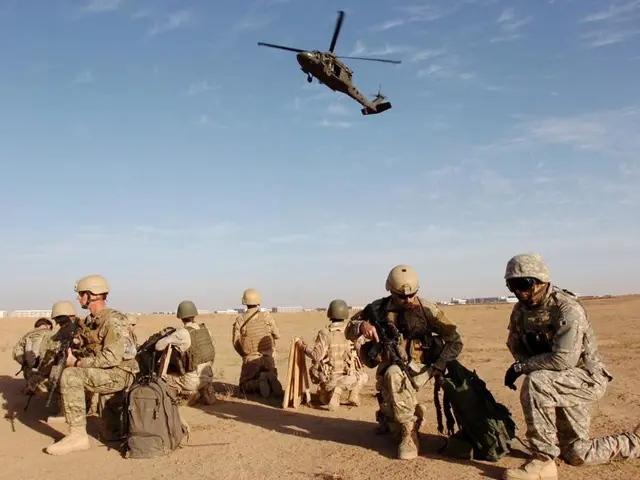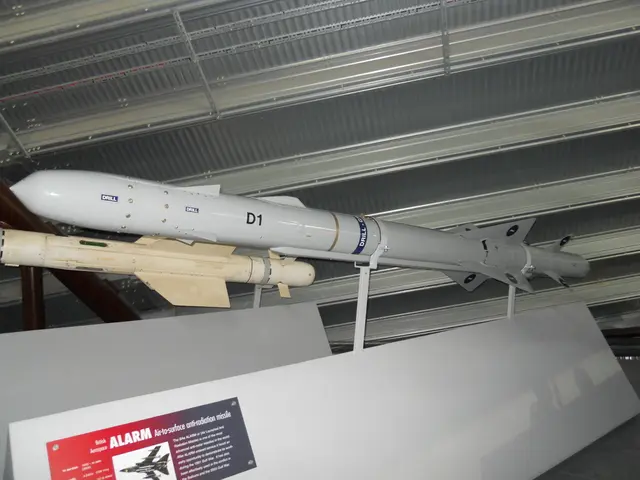U.S. Brokers Historic Deal Between Armenia and Azerbaijan, Opening New Corridor
In a significant shift in the South Caucasus, the U.S. has brokered an agreement between Armenia and Azerbaijan, establishing a new transport corridor and normalizing relations after decades of conflict. The deal, hailed as a 'turning point', extends beyond logistics, testing Armenia's ability to leverage geography and potentially influencing regional powers.
The agreement, signed in Washington, D.C., establishes the Trump Route for Peace and Prosperity (TRIPP), a 27-mile corridor linking mainland Azerbaijan with its western, landlocked Nakhchivan exclave. Both Armenian Prime Minister Pashinyan and Azerbaijani President Aliyev acknowledged the deal in their UN General Assembly speeches, signaling a new era of cooperation.
The corridor, while beneficial for logistics, also serves as a test for Armenia's geopolitical prowess. Pashinyan noted that the TRIPP project's success hinges on the opening of borders between Armenia and Turkey, a move that could significantly boost Armenia's regional influence.
The agreement includes a pledge to respect each other's sovereignty, marking a shift from decades of hostility. However, experts remain cautious about the deal's durability and scope, with many details yet to be settled.
Russia, traditionally a dominant player in the region, has been sidelined. Its absence from the negotiations signals a shift in its role, from 'an unquestionable leader' to being 'completely and conspicuously absent' from an issue of strategic importance.
The U.S.-brokered agreement between Armenia and Azerbaijan marks a significant step towards peace and cooperation in the South Caucasus. While the deal holds promise for regional development and stability, its long-term success depends on the willingness of all parties involved to uphold their commitments and navigate the complex geopolitical landscape.








